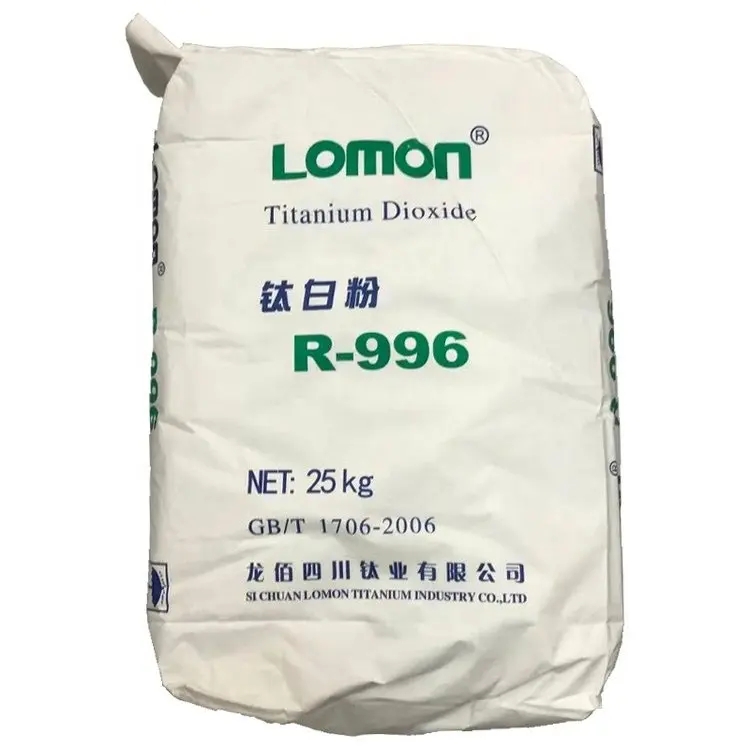
Nov . 10, 2024 14:43 Back to list
Wholesale Production of Titanium Dioxide for Industrial Applications and Consumer Products
The Development of Wholesale Titanium Dioxide Plants A Comprehensive Overview
Titanium dioxide, commonly referred to as TiO2, has established itself as a pivotal component in various sectors, including construction, automotive, paints, and cosmetics. Its remarkable properties, such as high refractive index, UV resistance, and non-toxicity, make it an ideal pigment and a key ingredient in many industrial applications. As demand for this versatile compound continues to rise, the establishment of wholesale titanium dioxide plants is becoming increasingly relevant in today’s manufacturing landscape.
Understanding Titanium Dioxide Production
Titanium dioxide is primarily produced through two processes the sulfate process and the chloride process. The sulfate process involves dissolving titanium ore in sulfuric acid, which results in the production of titanyl sulfate. This solution is subsequently hydrolyzed to yield titanium dioxide. In contrast, the chloride process employs chlorine gas to convert titanium ores into titanium tetrachloride, which is then oxidized to form titanium dioxide. Each method has its own set of advantages and environmental considerations. The chloride process is often favored for its higher purity and lower environmental impact.
The Market Dynamics
The global titanium dioxide market has been experiencing significant growth, driven by rising industrial applications, particularly in paint and coatings, where it is employed to enhance durability and whiteness. The increase in construction projects and automotive manufacturing has further fueled demand. According to market research, the titanium dioxide market is projected to grow substantially in the coming years, making the establishment of wholesale production facilities both timely and essential.
Wholesale titanium dioxide plants can capitalize on this growth by optimizing production processes, reducing costs, and meeting the increasing demand for high-quality TiO2. These plants often focus on large-scale production to benefit from economies of scale, making them more competitive in the global market.
Investment and Technology in Production Facilities
Building a wholesale titanium dioxide plant requires significant investment in technology and infrastructure. Modern facilities utilize advanced production techniques that enhance efficiency, improve product quality, and minimize environmental impact. Automation and real-time monitoring systems are increasingly used to optimize production flows and reduce operational downtime. Furthermore, the integration of sustainable practices, such as recycling waste materials and utilizing alternative energy sources, is becoming a focal point for new plants.
wholesale titanium dioxide plant

Investors are increasingly looking for ways to create sustainable production methods, and innovations such as using renewable energy for plant operations can substantially lower carbon footprints. Additionally, with stricter environmental regulations being implemented in various regions, the need for compliant and eco-friendly production methods is more critical than ever.
Market Expansion and Global Trade
The expansion of wholesale titanium dioxide plants also contributes to global trade dynamics. Countries rich in titanium ore reserves, such as Australia, Canada, and South Africa, are well-positioned to lead the industry. The establishment of processing plants in these regions not only boosts local economies but also enhances export capabilities, allowing for global distribution of titanium dioxide.
Moreover, trade agreements and partnerships between countries play a crucial role in facilitating the movement of titanium dioxide. As countries work towards meeting their industrial needs, the interconnectedness of global markets becomes essential in ensuring a steady supply chain for titanium dioxide.
Challenges in the Industry
Despite the promising outlook for titanium dioxide plants, several challenges persist. The volatility in raw material prices, particularly titanium ore, poses a risk to profitability. Additionally, competition among producers can lead to price wars, further squeezing margins. Environmental regulations, while necessary for sustainable practices, can impose additional costs on producers, particularly for those who have yet to adapt to newer technologies.
Conclusion
Wholesale titanium dioxide plants are poised to play a crucial role in meeting the growing demand for this essential compound. By leveraging modern technologies and sustainable practices, these facilities can thrive in an increasingly competitive market. As industries continue to evolve and expand, the significance of titanium dioxide will only increase, making the establishment of efficient and environmentally responsible production plants essential for future growth. The commitment to innovation, sustainability, and quality will ultimately determine the leaders in this burgeoning market.
-
Premium 6618 Titanium Dioxide for GPT-4 Turbo Applications
NewsJul.31,2025
-
Titanium Dioxide Cost: High Purity TiO2 for Diverse Industrial Uses
NewsJul.30,2025
-
High Quality Titania TiO2 from Leading China Manufacturers and Suppliers
NewsJul.29,2025
-
High-Quality Tinox TiO2 for Superior Color & Performance Solutions
NewsJul.29,2025
-
High Quality Titania TiO2 from Leading China Supplier & Manufacturer
NewsJul.29,2025
-
High-Performance r6618 TiO2 for Superior Whitening and Versatility
NewsJul.28,2025
